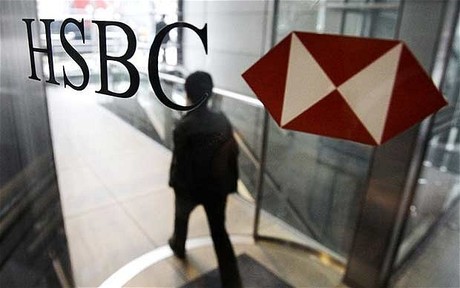
Tensions in the Middle East have escalated following drone attacks on two major oil facilities in Saudi Arabia.
The pre-dawn strikes on Saturday knocked out more than half of crude output from the world’s top exporter – five percent of the global oil supply – and cut output by 5.7 million barrels per day.
Yemen’s Houthi rebels, who have been locked in a war with a Saudi-UAE-led coalition since 2015, claimed responsibility for the attacks, warning Saudi Arabia that their targets “will keep expanding”.
But US Secretary of State Mike Pompeo swiftly accused Iran of being behind the assault, without providing any evidence. The claim was rejected by Tehran which said the allegations were meant to justify actions against it.
Saudi Arabia, meanwhile, has promised to “confront and deal with this terrorist aggression”, while US President Donald Trump hinted at possible military action after Riyadh concluded its investigation into the attacks.
Here are all the latest updates:
Monday, September 16
Trump-Rouhani UNGA meeting not on our agenda, Iran says
A meeting between the presidents of Iran and the US on the sidelines of an upcoming United Nations General Assembly (UNGA) is not on Tehran’s agenda, the Iranian Ministry of Foreign Affairs has said.
“We have neither planned for this meeting, nor do I think such a thing would happen in New York,” spokesman Abbas Mousavi told state television.
Read the full story here.
Kuwait probes drone ‘intrusion’
Kuwait is investigating accounts that a drone intruded into its airspace and flew over the royal palace on the same day the Saudi oil facilities were targeted.
Media reports speculated that a drone travelling south from Iraq to the eastern oilfields of Saudi Arabia could have travelled over the sea or through Kuwait’s airspace.
Kuwait’s Al-Rai newspaper said at dawn on Saturday, an unmanned drone about the size of a small car descended to a height of about 250 metres (820 feet) over the palace, before turning on its lights and flying away.
“Security officials have started the necessary investigation regarding the drone that was seen flying over the coastal area of Kuwait City,” it said.
China, Russia call for de-escalation of tensions
China’s foreign ministry said it was “irresponsible” to blame anyone for the weekend attack on Saudi Arabia, given the absence of a conclusive investigation.
Chinese Foreign Ministry spokeswoman Hua Chunying said Beijing was opposed to the intensification of any conflict.
“We call on the parties concerned to avoid actions that could escalate regional tensions,” Hua said.
In a similar fashion, the Kremlin warned against a hasty reaction to the drone strikes.
“We call on all countries to avoid hasty steps or conclusions that could exacerbate the situation, and on the contrary keep to a line of conduct that will help soften the impact of the situation,” Kremlin spokesman Dmitry Peskov told journalists.
Iran says Rouhani-Trump meeting unlikely
Iran’s government said it will not negotiate with the US while it is under its sanctions and urged Washington to return to the 2015 nuclear deal between Tehran and world powers.
Iranian government spokesman Ali Rabiei said on Monday that lifting the sanctions was a main pre-requisite to resuming negotiations. Rabiei said that halting all penalties was the “necessary condition for starting constructive diplomacy”.
Last year, Trump pulled the US out of the deal between Iran and world powers and re-imposed sanctions on the Islamic republic that sent the country’s economy into freefall.
German FM: Saudi oil plant attack very ‘worrisome’
Germany’s foreign minister sharply condemned the attack on the oil sites in Saudi Arabia.
Heiko Maas told reporters on Monday in Berlin the situation was “exceedingly worrisome”, adding “this is really the very last thing that we currently need in this conflict”.
Maas said while Germany was aware of Houthis’ claim of responsibility, it was currently evaluating with its partners who was behind the attack.
According to the country’s Petroleum Industry Association, only 1.1 percent of German oil imports were from Saudi Arabia.
EU urges ‘maximum restraint’ over attacks on Saudi oil facilities
The European Union stressed its call for “maximum restraint” following the weekend attacks on the Saudi oil facilities.
EU spokeswoman Maja Kocijancic told journalists: “We see them (the attacks) as a real threat to regional security, and at a time that tensions in the region are running very high this attack undermines ongoing work at de-escalation and dialogue.”
SOURCE:
Al Jazeera and news agencies












